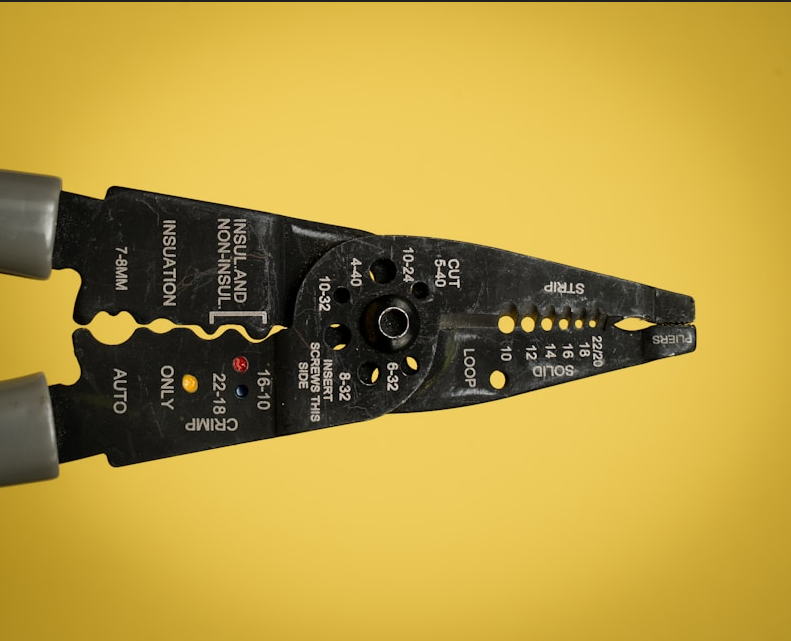The European Commission ("Commission") issued two important decisions on March 19 this year that specify how Apple must comply with its interoperability obligations under the Digital Markets Act ("DMA"). Specifically, the Commission has now determined what steps Apple must take in terms of improving the process for third-party interoperability requests and simplifying the connection of external devices (connected devices). These decisions follow the two specification processes the Commission launched September 2024 to guide Apple in complying with the DMA.

European Commission decisions regarding Apple
The specification procedures with respect to Apple
Through a specification process, the Commission can prescribe to a "gatekeeper" (such as Apple or Alphabet) exactly what measures it must take to meet its obligations under the DMA. Based on interoperability obligations, it becomes possible or easier for providers of "third-party" products to make them work on gatekeeper operating systems such as iOS, iPadOS (Apple) and Android (Alphabet).
Indeed, gatekeepers that operate operating systems or virtual assistants are required under the DMA to allow apps or products from third-party providers to function on their operating systems or virtual assistants. For other gatekeepers' obligations and prohibitions under the DMA, see our general blog about the DMA and the blog on the ban on self-preferencing.
Interoperability is not an everyday concept, yet we deal with it on a daily basis. For consumers, this means the option to connect Bose headphones to an Apple or Android phone or use alternative app store on an Apple or Android phone. In short, interoperability aims to reduce the so-called lock-in effect, making it easier for consumers to switch to products and services from other providers. For developers of products and services, it expands their ability to make those products or services compatible with gatekeeper products and services.
The DMA contains horizontal interoperability obligations (between the same products) and vertical interoperability obligations (products that are connected).
The bulk of the DMA's interoperability obligations are vertical in nature. Vertical interoperability looks at services and products in different levels of the chain. Vertical interoperability obligations see to two levels of the value chain: i) operating systems (OS) and virtual assistants (VA) and ii) apps, app stores and hardware and software functions that can interoperate with OSs and VAs.
Section 6(4) DMA requires gatekeepers that operate operating systems (OS) (such as Google and Apple) to provide interoperability between their operating systems and third-party software applications. This means that developers of third-party apps must have the ability to make their software work on the operating systems of these gatekeepers, such as Android or iOS.
Section 6(7) DMA requires both OS and VA gatekeepers to achieve effective interoperability free of charge between their hardware, software and operating system functions and third-party hardware and digital services. This requirement aims to create a level playing field. Thus, a third party must be able to connect to the functions as effectively as the gatekeeper's own services or hardware. as effectively as the gatekeeper's own services or hardware can connect to the respective functions. This means that gatekeepers must not only provide access to their systems, but also that the access conditions for proprietary services are the same for external service providers or hardware providers. These access terms should be fair, reasonable and non-discriminatory.
In addition to vertical interoperability, there is also horizontal interoperability. Article 7 DMA, introduces a horizontal interoperability obligation for gatekeepers offering number-independent interpersonal communications services, or online messaging services. This interoperability obligation initially covers only a subset of basic functions, namely individual messages between two separate end users and the exchange of media and files between those users. Also, the request must come from the third-party provider. Within two or four years, this should be extended to message exchange in groups and voice and video calls. End-to-end encryption must not be compromised in the process, and gatekeepers must also take measures necessary to ensure security.
Horizontal interoperability thus aims to provide the ability to communicate between different products, particularly messaging services such as WhatsApp, Signal and Messenger. A telling example of pre-existing interoperability is the ability to communicate between different email services, such as between the @hotmail.com, @icloud.com or @gmail.com domain.
With the specification procedures, the Commission has taken another step to make gatekeepers comply with their obligations under the DMA. Since March 2025, the Autoriteit Consument & Markt ("ACM") in the Netherlands is authorized to investigate compliance with the DMA. SOLV advises several companies on the potential of the DMA for their business operations. It also advises companies on complaints against gatekeepers who compete unfairly.

